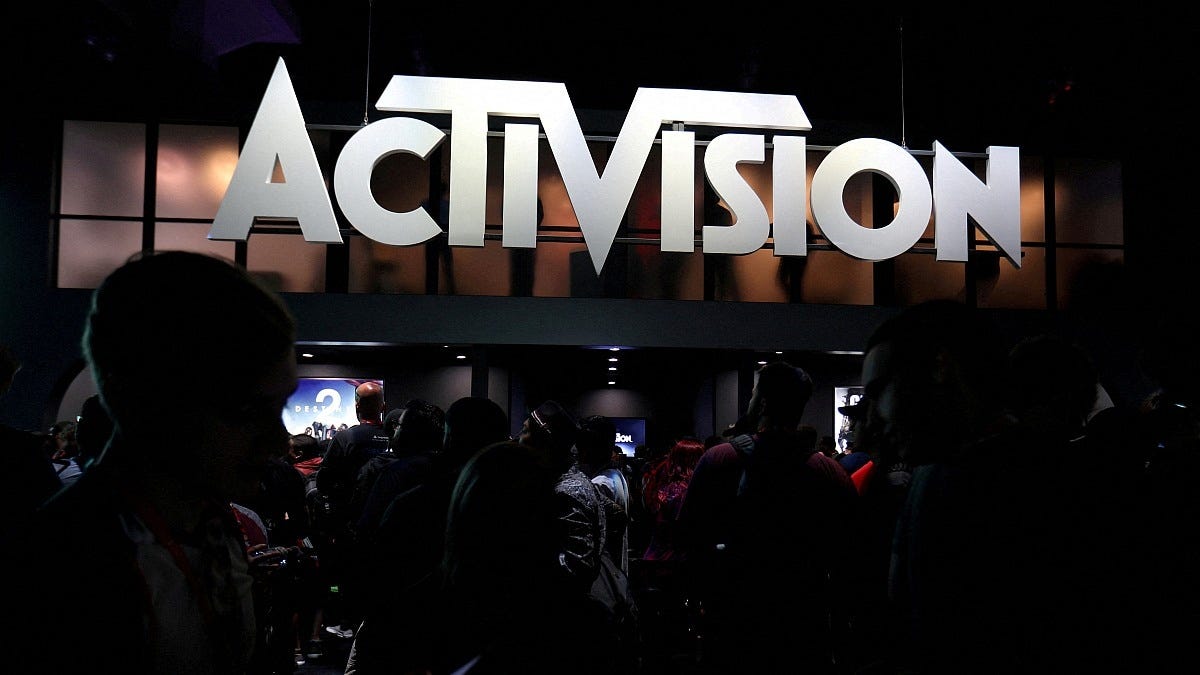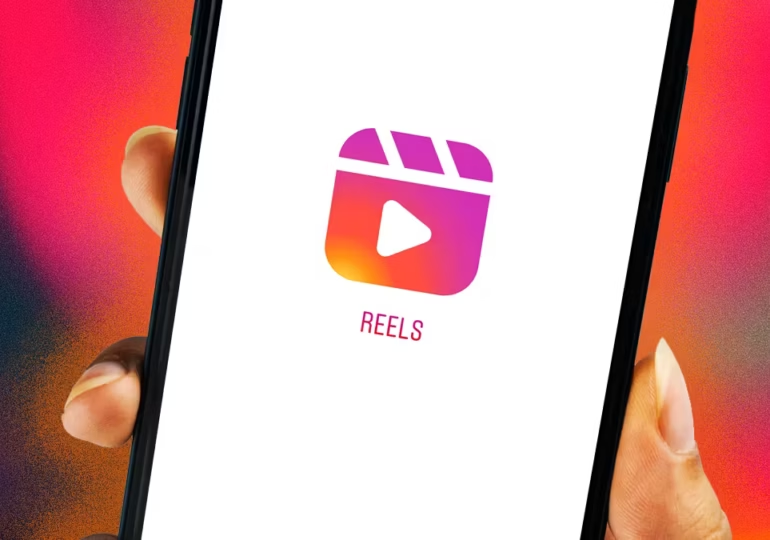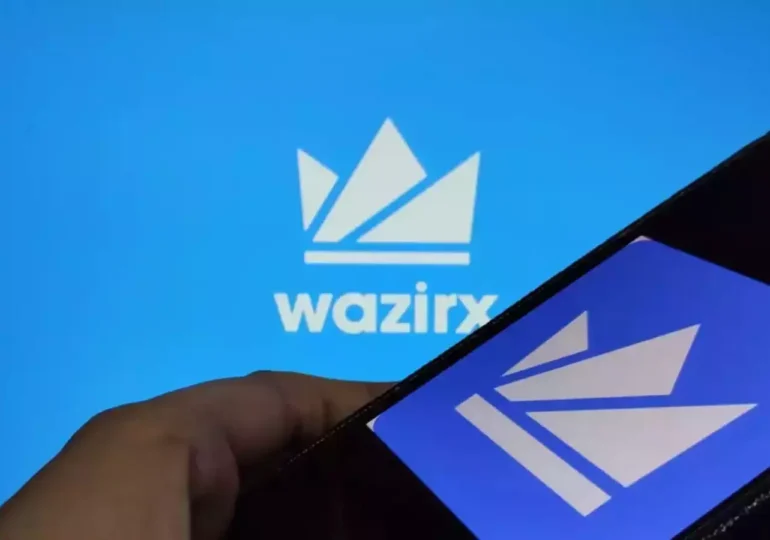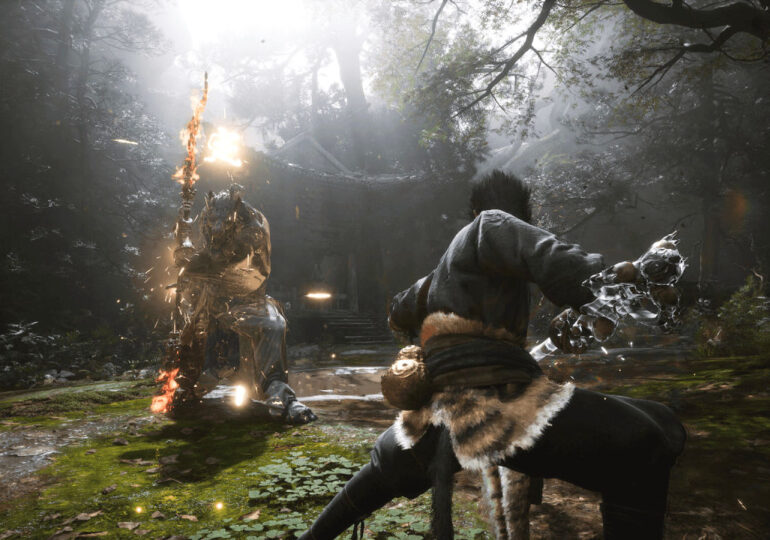Activision Faces Backlash Over AI-Generated Call of Duty Items and Layoffs Linked to AI Decisions

Activision reportedly assured artists that AI would be used only for internal concept work, not final game assets.
Activision has come under scrutiny for its use of generative artificial intelligence (AI) after it was revealed that the company sold an AI-generated cosmetic for its popular Call of Duty series. The in-game item was reportedly made available for purchase in late 2023, despite assurances to its artists that AI would be used solely for internal concept development rather than for final game assets.
According to a detailed Wired investigation into the role of AI in video game development, Activision approved the use of generative AI tools such as Midjourney and Stable Diffusion for creating concept art and other materials for its titles early last year. By mid-2023, the company had expanded its AI capabilities to include access to OpenAI’s GPT-3.5 model, which was employed to produce a range of assets from marketing materials to concept designs.
The controversy arises from a perceived breach of the company’s earlier assurances. Activision had informed its artists that AI tools would be confined to generating internal concepts and would not be utilized in the creation of final game assets. This commitment was aimed at reassuring staff concerned about the impact of AI on their roles. However, the company’s decision to monetize an AI-generated cosmetic for Call of Duty: Modern Warfare 3 seems to contradict these earlier promises.

The investigation highlights broader concerns within the gaming industry regarding the integration of AI. The use of AI tools has reportedly contributed to job losses in the sector, as automation and generative technologies reduce the need for traditional creative roles. Activision’s approach has sparked debate about the ethical implications of using AI in game development and the potential displacement of human artists.
As AI continues to play a larger role in various industries, the gaming sector faces increasing scrutiny over how these technologies are applied and the transparency of their use. Activision’s situation underscores the need for clear policies and communication regarding the implementation of AI tools and their impact on creative professionals.
The revelation also raises questions about the future of AI in gaming and other creative fields, as companies navigate the balance between leveraging innovative technologies and maintaining trust with their workforce. The ongoing discussion will likely influence how other companies approach AI integration and address the concerns of their employees.




















